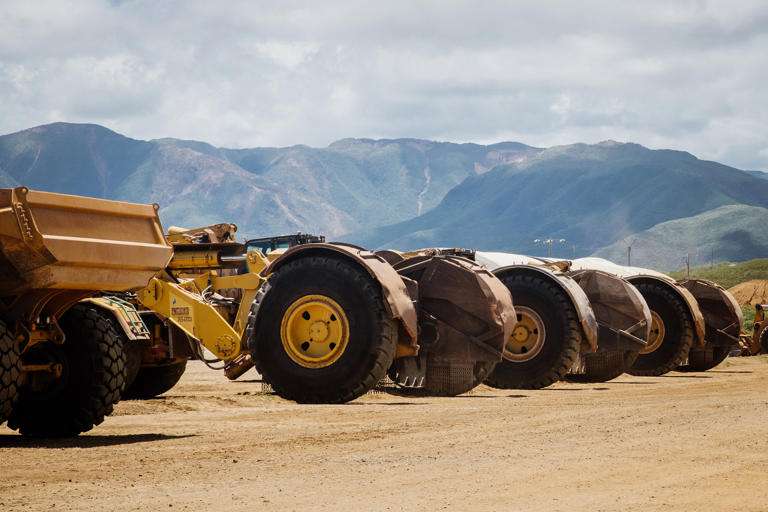The recent violent riots in New Caledonia, a French territory, have led to an increase in the price of nickel. Nickel is a crucial metal in the transition away from fossil fuels and its price has been impacted by global conflicts affecting the market.
New Caledonia, situated around 1,000 miles off the east coast of Australia, was the world’s third-largest producer of nickel last year. This versatile metal is used in various industries, including steelmaking and solar panels. However, its value is particularly high as a component in batteries for large machinery like electric vehicles, enabling them to have a longer battery life.
Nickel prices experienced a decline last year due to a slowdown in electric car sales, resulting in a surplus of the metal accumulating in warehouses worldwide. However, prices surged again in February when Glencore, a Swiss mining giant, announced its intention to divest from New Caledonia and sell its stake in one of the territory’s major mines.
In April, the imposition of new Western sanctions against Moscow led to the Chicago Mercantile Exchange and the London Metals Exchange, the largest markets for metals options and futures contracts in the US and the world respectively, banning Russian-produced nickel. As the demand for nickel was already projected to exceed the world’s planned supply, this exclusion of a major producer from the market resulted in a significant increase in prices.
Currently, the simmering unrest in New Caledonia, which some experts compare to a brewing “civil war,” has halted all shipments and production of nickel. Consequently, the price of this metal has surged by over 7% in recent weeks. This recent development raises concerns about the Western world’s ability to restructure supply chains and reduce reliance on geopolitical rivals like China and Russia.
